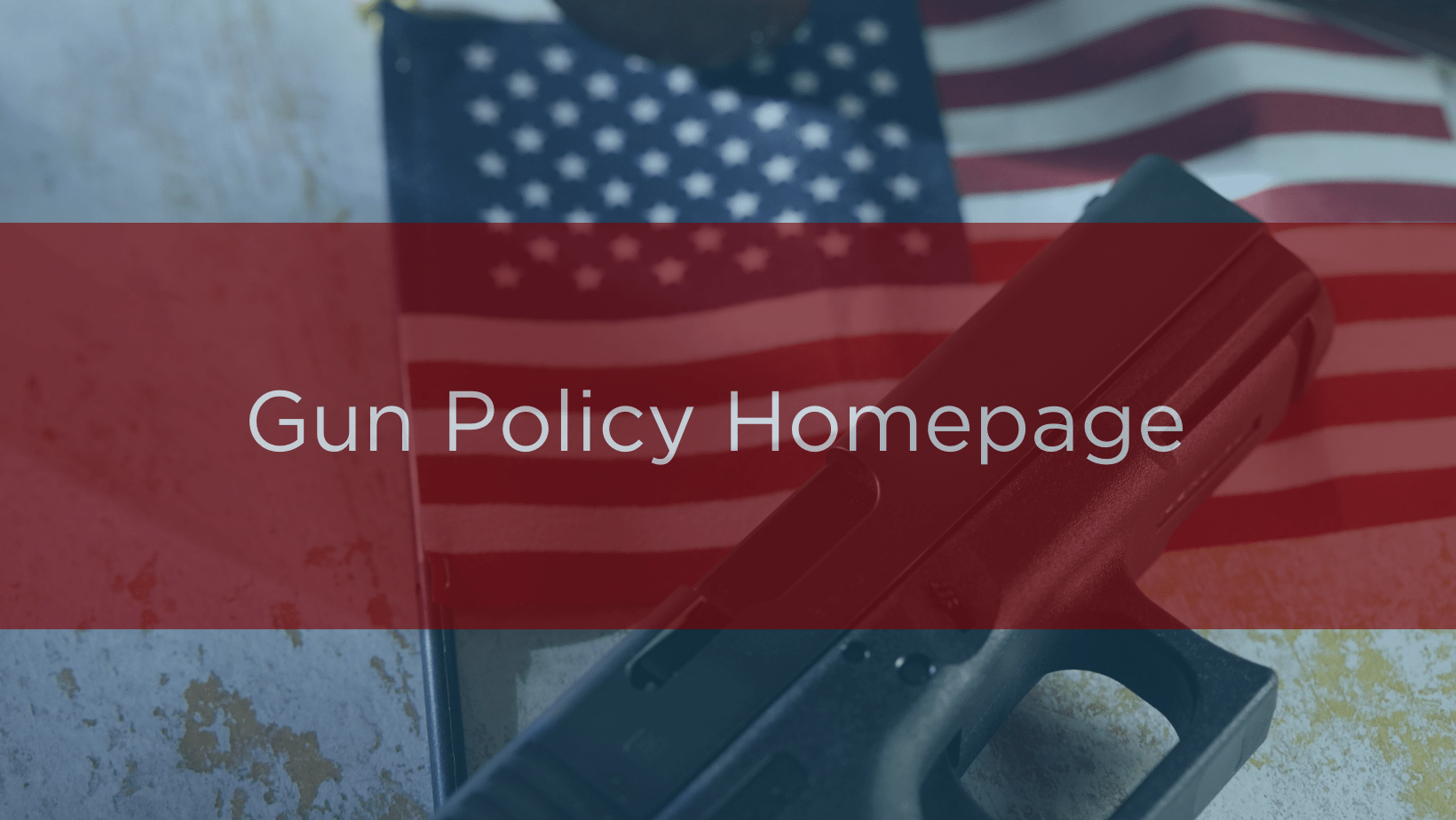Crisis Assistance Response and Engagement (CARE)
What is the problem?
- Across the country, city and state police departments are experimenting with new models of policing in response to mental health crises.
- Every year, police around the US kill more than 1,000 Americans and 96% of those killings are done with a firearm. One in every 20 homicides is a police killing.
- 25% of people fatally shot by police in the United States since 2015 were experiencing a mental health or emotional crisis.
- According to a 2015 study by the Treatment Advocacy Center, individuals with untreated mental illness are 16 times more likely to be killed by police than other civilians.
- Since 2019, the City of Chicago has increased funding for mental health services to improve mental health equity. The key goals of this funding are to:
- Expand publicly funded outpatient mental health services
- Coordinate trauma informed victim services for persons impacted by violence
- Expand crisis prevention and response programs for people living with serious mental illness and co-occurring disorders (“co-occurring” refers to individuals experiencing mental illness and substance abuse disorders)
- Facilitate systems coordination
What is CARE?
- CARE is an alternative policing response for those experiencing mental health crises, designed as a “health-first” approach. For the first time in Chicago’s history, mental health professionals are staffed in the City’s 911 Call Center. These professionals will try to resolve an issue over the phone. If they cannot, they will dispatch mental health professionals to respond to these behavioral health crisis calls. After the response, the City will link residents to appropriate community-based services to address their underlying needs.
- CARE has two multidisciplinary response teams (police officer, paramedic, and mental health clinician), two alternate response teams (paramedic and mental health clinician), and one opioid response team (paramedic and peer recovery specialist).
- Although the opioid team’s data isn’t publicly available yet, data on the other teams is available on this dashboard.
- CARE teams work in the neighborhoods below:
Who created it?
- The Chicago Department of Public Health created this program. The multidisciplinary response teams were created in consultation with researchers and policymakers in Texas who implemented similar programs there.
- The State of Illinois is also funding a network of community crisis mental health providers to provide telephonic and in-person crisis response via the new national “988” call line. This number was formerly the National Suicide Prevention Lifeline. The State hopes that current providers doing in-person mobile crisis response via their own agency crisis line will transition to respond to 988 calls.
Who does it impact?
- The program impacts any Chicagoan experiencing a mental health crisis. This program allows first responders to take more time on scene (often more than an hour) to de-escalate, connect with the individuals they serve, and make plans with the individual in crisis to best meet their needs.
- Since the program’s founding, there have also been zero use of force incidents and zero arrests.
- Because of the CARE team’s separate transportation, each team has flexibility to transport clients to shelters, clinics, social services agencies, or anywhere that might best fit their needs.
- CARE teams have responded safely to 911 calls since its founding without any client or responder injuries.
- The pilot program has found initial success, but is working to increase interagency collaboration, better data sharing, and to expand the reach of the program.

